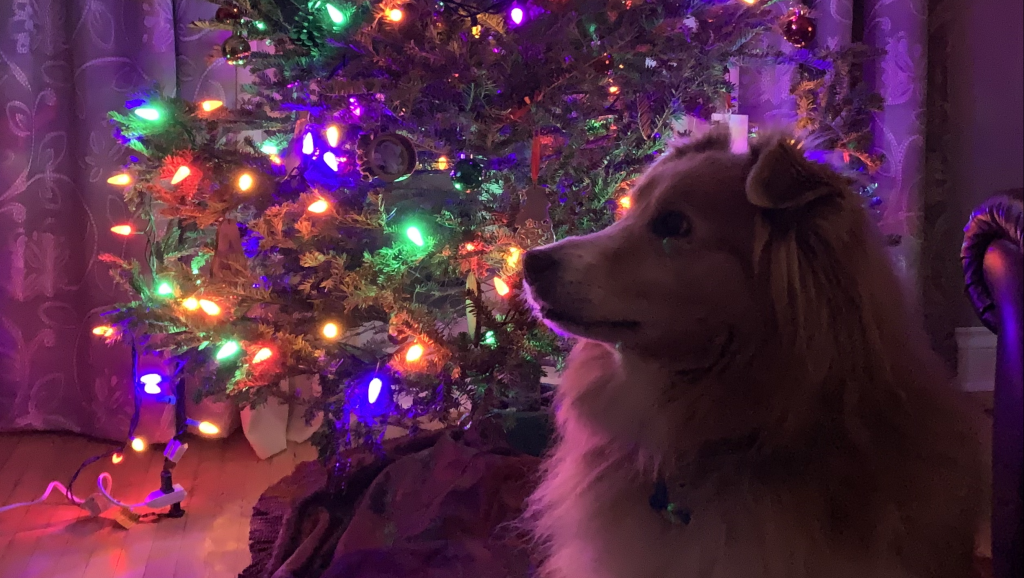Tips to keep your pets safe and healthy this holiday season

Just like any parent with a child, ‘paw-rents’ also want to make sure their furry little companions have a happy holiday, but to do so, there are a few things to keep in mind.
The holidays are a time when people rejoice in spending time with family and friends. With large gatherings, it is important to consider how the added commotion and change in routine may impact your four-legged friends. A study in the science journal Nature even found that dogs, in particular, can feed off of their human’s stress.
If a dog is whining, barking, growling, drooling, excessive licking or vomiting, they might be stressed, it reads. Consider giving them a safe space in the house, like a closed-off bedroom, where they can experience some quiet time, the Ottawa Humane Society suggests.
Advertisement
Making sure your dog has ample exercise can also help to reduce stress during big events. But when temperatures drop significantly, outdoor exercise can become a challenge.
According to Brandon Forder, Certified Pet Nutritional and Behavioural Consultant with Canadian Pet Connection, even -5 C can be too cold for most small dogs. Medium to large dog breeds may be able to handle down to -10 C. While coats and booties can offer additional protection for your pooch, the Ottawa Humane Society says limiting outdoor time and going for shorter, more frequent walks can avoid potential consequences of frigid weather.
“After a walk, wipe the dog’s paws to remove salt, sand and other harmful substances,” a release from the organization states.
Even indoors, people may have to keep a special eye on their pets this season. Many indoor Christmas decorations can pose a risk to dogs and cats. Ornaments and tinsel can be attractive to pets who may mistake the objects for toys. If your pets are particularly curious, hang these objects out of reach and make sure they are secure and will not fall.
Advertisement
The Ontario SPCA also warns that many Christmas flowers and holiday plants are toxic to pets, including poinsettias and holly. If ingested, these plants can cause upset stomach, nausea, vomiting and diarrhea. A full list of toxic holiday plants can be found on the SPCA website.
Perhaps one of the biggest challenges for pet owners is the holiday food. Despite the begging and pleading from your furry friend, the SPCA cautions that it is best to avoid feeding human food to your pooch.
“We know you’re proud of the holiday meal you created – but that doesn’t mean you should share it with your companion animals,” the organization writes in a holiday tip sheet. “Consider keeping your companion animals in a separate and comfortable room while serving and eating your holiday meal. This will keep them from sneaking a bite!”
While the holidays are a joyous occasion for many, the change in routine can put added stress on your pets. Know that it might take a few days following a celebration for them to get back into the groove.
